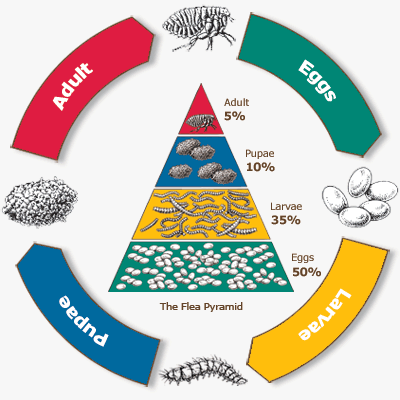QuestionI am a 59 year old disabled lady and suffer from depression. My apartment complex has a no pets clause but I have found out that they cannot refuse a dog if it is termed a "service" dog. My problem is that I need a dog that is small and will not bark much. I cannot afford to antagnoize my neighbors with a barking dog. Can you suggest the best breed of dog(s) that would fit in this category? Hopefully I could find one that is short haired or does not shed much. Any help would be appreciated.
Thanks and Blessings, Wanda
AnswerYou need to check with your landlord as service dogs really are those who assist the blind and parapalegics and that have went through a special training program and it is against the law to refuse those animals in apartments or public because of the Disabilty act (see below). Just having a dog to have a dog as a pet or for therapy is NOT the same thing (see below), and I would think they will still refuse you. Plus you will likely need to show some kind of certification and medical necessity in order to have the dog.
Therapy dogs are not service (or "assistance") dogs. Why does this matter? Well, because service dogs are vitally important to those people with disabilities who are fortunate enough to have these wonderful animals. Service dogs include guide (or "leader") dogs for the blind; hearing dogs, that alert their owners to sounds; mobility assistance dogs, which may pull a wheelchair or directly support a person; seizure alert dogs; and others. Under the Americans with Disabilities Act, a person with a disability is entitled to take a service animal with him, or her, wherever it is needed. Period.
The exact language of the ADA that covers service dogs, borrowed from a now defunct service-and-therapy-dog web site, follows here:
Service Animal means any guide dog, signal dog or other animal individually trained to do work or perform tasks for the benefit of an individual with a disability, including but not limited to guiding individuals with impaired vision, alerting individuals with impaired hearing to intruders, providing minimal rescue or protection work, pulling a wheelchair or fetching dropped items.
Therapy dogs, on the other hand, perform their tasks by invitation. The owner of a therapy dog has no more "right" of access to a hospital, nursing home, or public place than any other able-bodied person with a pet. (Note that the "right" accrues to the person, in either case, not to the dog! This is a crucial distinction that many fail to make.) As you will see in Professor Hunt's Virtual Lecture on Therapy Dogs, below, most hospitals and some nursing homes require a lot of paperwork before a therapy dog sets foot in the facility--the same facility where any person with a disability has a clear right to enter with his or her service dog.

 Dogs claws are to long.
QuestionMy dogs claws are very long, they are starting
Dogs claws are to long.
QuestionMy dogs claws are very long, they are starting
 Cat Fleas
QuestionDo you possibly know of any way I can get rid o
Cat Fleas
QuestionDo you possibly know of any way I can get rid o
 Mini Pin.. not activity
Question
Mini Pin 1 1/2 year ol
I have a 1 1/2 year old
Mini Pin.. not activity
Question
Mini Pin 1 1/2 year ol
I have a 1 1/2 year old
 black spot on cats nose
Question
cat nose
Should I be concerned about the black
black spot on cats nose
Question
cat nose
Should I be concerned about the black
 cat skin problem
Question
Clawdia
Hi, Thank you for answering my
cat skin problem
Question
Clawdia
Hi, Thank you for answering my